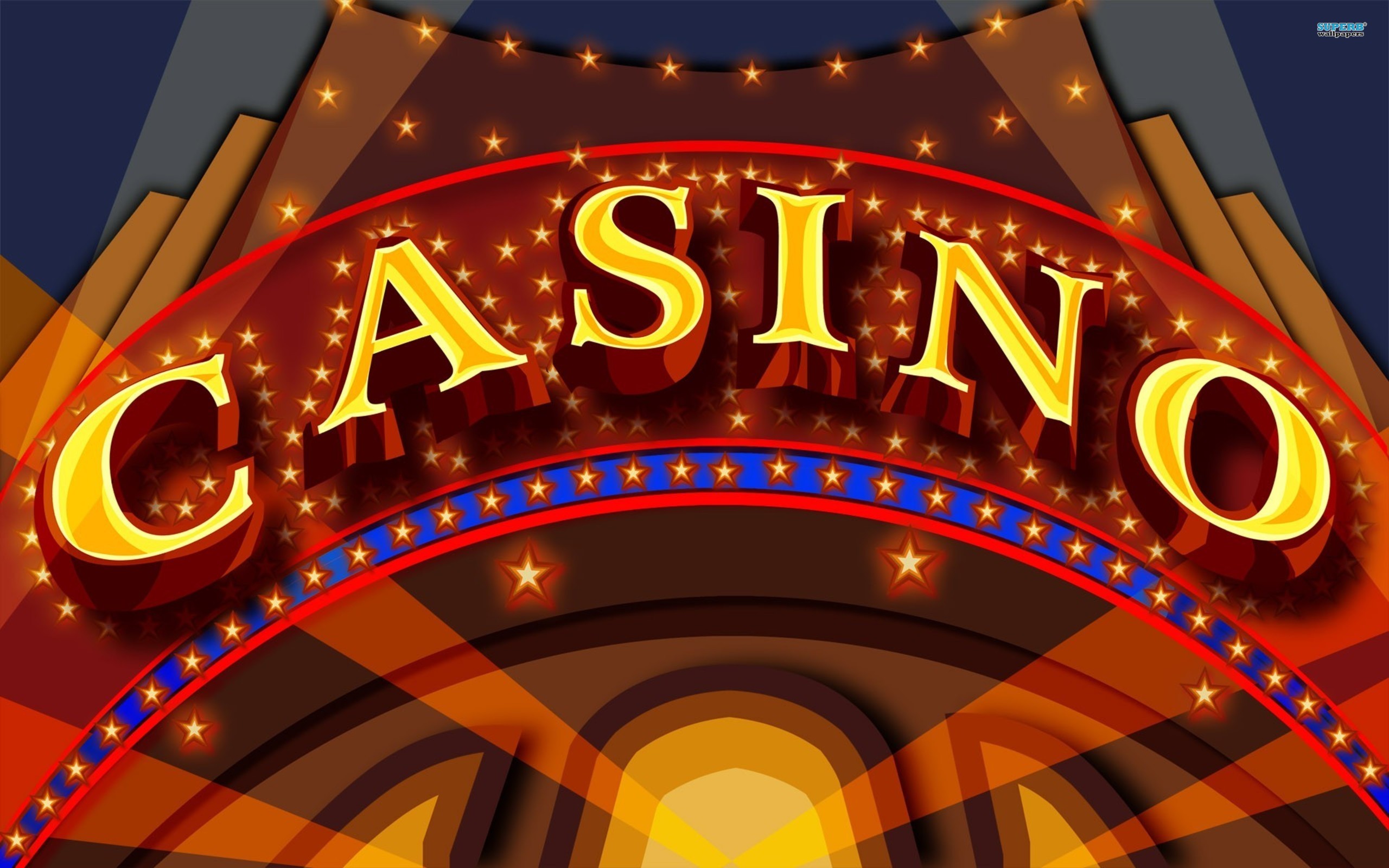
Gambling in casinos has long been a subject of fascination and debate, attracting millions of players globally. With a blend of luck, skill, and the thrill of uncertainty, casino games offer an exhilarating escape from everyday life. However, as entertainment becomes ever more accessible, it invites a deeper examination of the ethical implications surrounding these games.
At the heart of the debate lies the issue of whether casinos promote responsible gaming or exploit at-risk individuals. The allure of potential winnings versus the truth of losses can create a challenging situation, and understanding this balance is crucial for both players and operators. As we delve into the morals of casino gaming, we will explore the responsibilities of casinos, the effects on society, and the steps that can be taken to foster a better gaming environment.
The Impact of Casino Gaming on Society
Casino gaming has a notable influence on societal dynamics, affecting not only the financial landscape but also interpersonal dynamics and local frameworks. The funds generated from casinos can lead to employment opportunities and boost regional economies, as they provide numerous employment opportunities in multiple fields including hospitality, entertainment, and retail. However, while the financial benefits can be significant, communities often struggle with the possible negative impacts that arise from increased gambling activity.
Additionally, the presence of casinos can lead to an increase in gambling addiction, presenting significant challenges for players and families. The excitement of casino games can quickly transform into a compulsive habit, affecting personal relationships and leading to monetary issues. jeux de casino Many individuals may find it difficult with the loss of control over their gambling habits, resulting in a need for assistance programs and help to address this growing issue. The social cost of gambling addiction can ripple through families and neighborhoods, creating an urgent need for responsible gaming initiatives.
In addition to the economic and social consequences, casino gaming often reflects cultural attitudes towards risk and entertainment. It can foster a sense of excitement and leisure, attracting visitors and boosting tourism. However, this allure may also mask the broader implications of gambling as a method of entertainment, raising ethical questions about its advertisement and accessibility. As communities weigh the advantages and disadvantages of casino gaming, the need for sensible approaches and oversight becomes increasingly critical in ensuring that the beneficial elements are maximized while reducing the negative effects.
Ethical Concerns in Gambling Activities
The ethics of gambling gaming often center around the potential for dependency and its effects on people and households. Betting can lead to serious monetary distress, impacting not only the gamblers but also their families. As people become entrapped in the appeal of winning, many lose track of their budget, which can result in catastrophic outcomes such as bankruptcy. This raises ethical questions about the responsibility of casinos in promoting responsible gaming practices and offering support for those who may be dealing with betting addiction.
Another critical issue is the advertising of betting to at-risk groups. Gambling establishments often aim at low-income people or neighborhoods with the promise of fast rewards, which can perpetuate patterns of financial struggle and despair. In this situation, the ethics of advertising strategies used by gambling establishments come under examination, as they may take advantage of the desperation of individuals seeking an way out from economic troubles. This manipulation raises moral questions about the honesty of the betting industry and its responsibility to protect its most at-risk customers.
Additionally, the impact of casino gaming on the community as a entirety cannot be ignored. While some argue that casinos create employment and stimulate local economies, others point to the community costs associated with problem gambling, increased crime rates, and a strain on public services. Balancing financial advantages with the risk for community issues presents a challenging ethical dilemma for policymakers and gambling operators alike. The challenge lies in finding a ethical approach that prioritizes the welfare of people and communities while still allowing for the pleasure of casino activities.
Regulation Framework and Duties
The oversight structure related to gaming games is designed to ensure fairness, trustworthiness, and participant protection. Multiple government entities and casino commissions establish and implement regulations that dictate how casino activities operate, the standards for game development, and the procedures for processing rewards. These regulations differ by region but commonly involve licensing requirements for providers and strict measures to avoid deception and scams.
In also to regulatory bodies, gambling businesses bear significant duty in upholding ethical standards within their facilities. They must enforce safe gaming practices that support player protection and consciousness, including offering self-exclusion options and sharing information about the hazards connected to gaming. Operators are also accountable for instructing workers to identify signs of problem gambling and be aware of the proper steps to support visitors in distress.
Additionally, openness in casino operations is crucial for gaining and preserving public trust. Casinos should provide clear information about the chances of games, advertising opportunities, and any associated risks. By promoting an environment of transparency and responsibility, operators can help mitigate the potential adverse impact of gambling while boosting the overall gambling experience for all gamblers.
